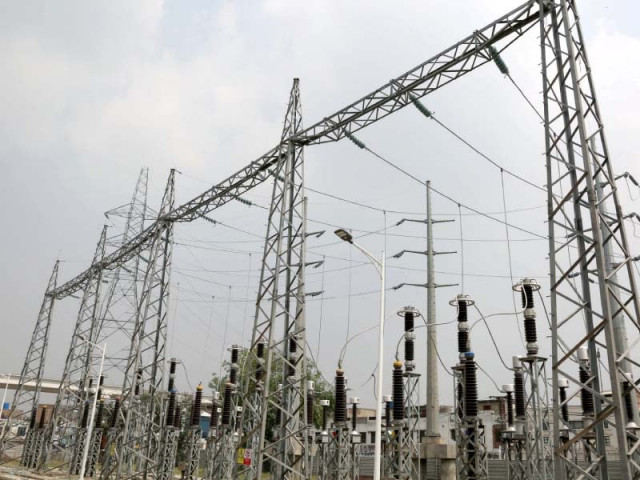OLMT ‘empowered’ to enter testing phase
Civil, electrical and mechanical works have already been completed

PHOTO: FILE
Speaking to The Express Tribune, a representative of the CR-NORINCO, a joint venture of China State Railway Group (CR) and China North Industries Corporation (NORINCO), confirmed that civil, electrical and mechanical works have already been completed. He added that after obtaining power supply, the testing phase of the project is all set to begin.
He highlighted that the Lahore Electric Supply Company (LESCO) started providing electricity to the University of Engineering and Shahnoor substations of the OLMT. However, the safety and reliability of public utility services are of vital significance. Following the successful activation of the system, OLMT project testing of systems and operations will bring the mass transit system closer to public launch. Though most development works of the metro train project have been completed, it may not start commercial operations this year due to the multiple delays in construction and minimal interest of the Pakistan Tahreek-e-Insaf (PTI) government.
Earlier, the former PML-N government fixed the OLMT project completion deadline as prior to the 2018 general elections. However, it failed to meet the target due to 22-month long litigation and other teething problems.
Later, on the orders of the Supreme Court of Pakistan (SCP), the PTI announced May 2019 as the deadline for completion of the project but failed to achieve its own target. Now, Punjab Chief Minister’s Special Monitoring Unit (SMU) on Transport Department has set March 2020 as the deadline for completion of the OLMT project. In a recent meeting of the SMU, the provincial Transport Secretary highlighted that the project would be operational during the current fiscal year.
Another hiccup in the commercial launch is the operations and maintenance (O&M) contract. The government has floated tenders for the O&M twice but is still finding a suitable contractor.
The OLMT project is part of the city metro network. Construction work started on October 25, 2015. It has a total length of 27.12 kilometers. Out of that, 25.4 kilometers of the track is elevated while 1.72 kilometers track has been made underground to protect historical places. Orange line metro train has 26 stations – 24 stations at a height of 12 meters and two underground. The number of trains is 27 and each train has five bogies of 20 meters long with 60 seats. Separate seats are allocated for women, senior citizens, and differently-abled people.
A public address system is installed for the convenience of the passengers. The doors of the electric train are fully automatic and are also installed on the platform to ensure the double safety of the passengers.
This train will a complete 27-kilometer distance from Ali Town to Dera Gujran in 45 minutes. It will pass through the congested areas of the city where more than 250,000 passengers travel daily. Official documents highlight that within the next few years, the OLMT will facilitate 500,000 passengers daily.
The OLMT project is part of the city metro network and when completed, it will connect Raiwind, Multan Road, Mcleod Road, Lahore Junction Railway Station and the Grand Trunk Road. It will be the first line of the Lahore Metro, which is the country’s first mass rapid transit train system.
Meanwhile, the Punjab Transport Department has decided, in principle, to upgrade the terminals of all 36 districts.
Provincial Transport Minister Jehanzeb Khan Khichi presided over an important meeting in the committee room at the Civil Secretariat on Wednesday. The meeting considered the upgrade of C-Class transport terminals across the province. It was also decided during the meeting that the development scheme should be designed for the up-gradation of transport terminals.
It also reviewed different proposals of the service level agreement between the transport and Local Government departments to upgrade C-Class standards. It was decided that a high-level technical committee will submit its comprehensive recommendations within the coming seven days.
Published in The Express Tribune, October 3rd, 2019.



















COMMENTS
Comments are moderated and generally will be posted if they are on-topic and not abusive.
For more information, please see our Comments FAQ